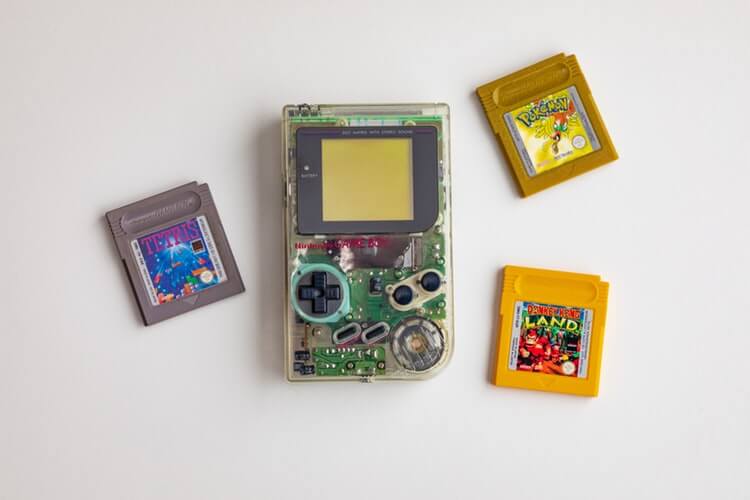How RNGS have been preserved in gaming software over the years
Games have long been a form of entertainment, from historical times right up to and including the present day. Games provide an escape from the realities of life in a healthy manner, and they also have the capacity to bring people together.
As technology has advanced all sorts of games have been developed. Right now it's possible to play games with totally different stories, concepts, characters, and we aren't even limited to playing them on certain devices, such as games consoles or PCs. Nowadays, the smartphone in your pocket is just as useful for playing games as the Xbox at home.
There is one thing that the vast majority of games have in common, however, a specific algorithm called an RNG.
What are RNGs?
RNGs are random number generators, and as the name suggests they work by providing random outcomes. The moment a player presses an action button on a games console, whether that's an up to the minute Nintendo Switch or an old school arcade machine, the RNG algorithm will ensure that the events that occur during the game will not be the same every time it's played.
This gives an air of spontaneity to games that have kept the global love for gaming alight. Even though many of today's most famous games are all so different, they're also built around the same technology.
Where does an algorithm get its variables from, one may ask? It looks for naturally changing local values; making use of things like a console's internal clock, the number of objects on screen, or even the sequence of buttons that have been pressed since starting the game.
How RNGs have developed
John von Neumann, a Hungarian-American mathematician regarded as the “the last representative of the great mathematicians”, developed one of the world's first RNG algorithms, in approximately 1946.
His concept was based on starting with an initial random value, squaring it, and then slicing out the middle digits. He figured that if you repeat this process over and over you will end up with a sequence of perfectly random generated figures. The only issue was that the figures would become predictable because of the same repetitive process. This made room for Von Neumann's RNG algorithm to be developed to become what it is today.
Many of today's Gen Z, Millennial and Gen X gamers will be familiar with Pokémon, a video game adored by millions that revolves around fantasy creatures called Pokémon. You, as the player, take on the role of a Pokémon master who can catch, train, and collect these colourful creatures that have the features of real-life animals.
Pokémon launched its first games, the Pokémon Red and Green editions, in 1996. Despite changing up storylines and action in the editions launched since then, the same RNG algorithm remains at the heart of the game's software.
The use of the RNG algorithm in Pokémon ensures that different users will catch different types of Pokémon. And, as the game progresses each individual player will encounter different types of Pokémon, some of which will be kind, and others who are not so well-tempered. It's this use of an RNG in the Pokémon series that has ensured its longevity. Each new generation that plays the game is given a unique experience that is totally different to the next player.
However, despite bringing that element of spontaneity to each game in the series, the RNG algorithm has also drawn more than its fair share of ire among diehard fans, as they struggle to catch rare Pokémon while new players can find them easily.
The future of RNGs
One could argue that Pokémon is quite a modern game, and there are better alternatives out there to RNGs that could improve its gameplay.
One of the newer types of technology used in game development is Artificial Intelligence (AI). AI can manipulate and enhance an RNG to make a game even more complex and abstract than what the RNG could do on its own. Tech like this is still in its relatively early stages, however, and the fact remains that games as diverse as Pokémon Go and online slots or poker games still rely heavily on them.
Random number generators are great for keeping games unpredictable and fresh. No gaming fan wants the exact same things to occur each time they play a game, nor do they want the exact same experience as their friends or online gaming community. RNGs ensure that games can be replayed and still deliver challenges, which is why they will continue to be used time and time again.
839GYLCCC1992






Leave a Reply